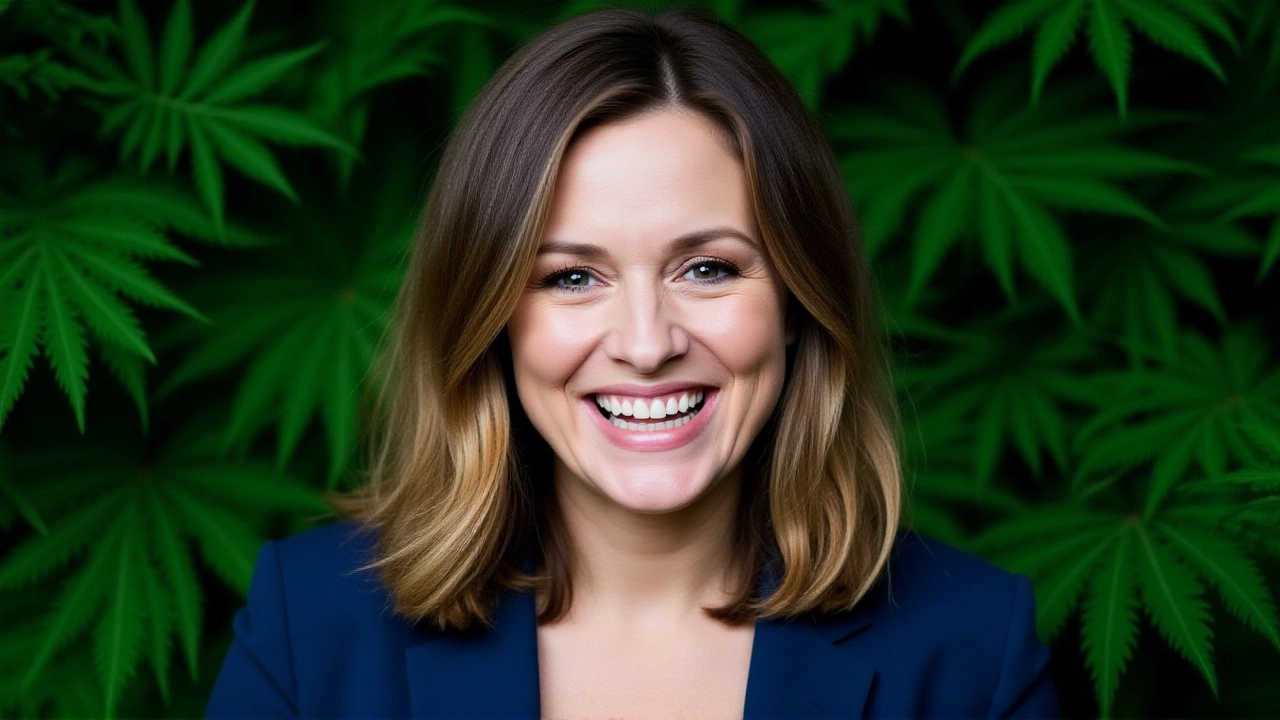The Independent Office for Police Conduct (IOPC) has officially closed its five-year investigation into the Metropolitan Police’s decision to charge television presenter Caroline Flack with assault by beating in 2020 — concluding the force acted "reasonable and proportionate" under the circumstances. The final determination, announced in January 2025, brings a long and painful chapter to a formal close, though for many, especially Flack’s family, the wounds remain raw. Flack, 40, died by suicide on February 15, 2020, in her London apartment, just days after learning she would stand trial for an alleged incident with her then-boyfriend, Lewis Burton, on December 12, 2019. The coroner’s inquest later revealed she was crushed by the prospect of national media scrutiny and the stigma of being labeled a "domestic abuser."
How the case unfolded — from caution to court
The chain of events began in December 2019, after an altercation at Flack’s Islington home. The Crown Prosecution Service (CPS) initially recommended a police caution — a non-court resolution typically reserved for minor, first-time offenses. But the Metropolitan Police appealed that decision. On January 19, 2020, Flack was formally charged with assault by beating. The trial was set for June 30, 2020, at Thames Magistrates’ Court in London. She found out the trial would go ahead on February 12 — three days before her death.Her mother, Christine Flack, has been vocal since the beginning. "She wasn’t a domestic abuser," Christine told Sky News in April 2024. "It was a moment of anger, not control. But because she was famous, they treated her like she was a criminal mastermind. That’s not justice — that’s spectacle."
Why the IOPC got involved — and why it took so long
The IOPC didn’t launch its own probe until April 2020, after the Metropolitan Police referred itself for review following Flack’s death. That’s not unusual — public pressure often triggers such referrals. But this case was different. The media frenzy, the public outcry, and the growing awareness around mental health and celebrity treatment turned it into a national reckoning.On March 7, 2024, the Metropolitan Police formally referred a complaint to the IOPC, alleging failures in how new witness evidence was handled. The watchdog then directed the Met’s internal professional standards unit to re-examine that specific angle. Their July 2024 findings? No new evidence. No misconduct. No deviation from policy.
"The case was handled appropriately and in line with our published legal guidance," a Metropolitan Police spokesperson said. The IOPC agreed. "The majority of the allegations had already been investigated and reviewed," their spokesperson noted. "We found no grounds for further action."
What the coroner found — and why it still haunts people
Senior Coroner for Inner North London, Mary Hassell, delivered a devastating verdict in July 2020: Flack’s suicide was directly linked to her knowledge that she would face prosecution and the media storm that would follow. "She knew it would all come down upon her," Hassell said. "The publicity, the judgment, the headlines — it was unbearable."That’s the heart of the tragedy. Flack wasn’t charged because she was a dangerous offender. She was charged because the system, under pressure and guided by precedent, didn’t know how to handle a high-profile case involving a woman with known mental health struggles. The CPS had recommended a caution. The police overruled them. And the result? A young woman, beloved by millions, destroyed by the very institutions meant to protect her.
Legacy and the documentary that won’t let us look away
Christine Flack is now releasing a documentary chronicling her daughter’s final days. "It’s given me clarity," she said, "but hasn’t given me closure. And I think that is the hardest thing."She believes the system failed Caroline in multiple ways — not just by charging her, but by letting the media turn her into a villain. "She shouldn’t be treated better," Christine insists. "But she shouldn’t be treated worse."
That sentiment echoes across public health advocates, mental health charities, and legal reform groups. The case became a lightning rod for debates about how the justice system treats celebrities — especially women — and whether fame should ever be a factor in prosecutorial decisions.
Despite the IOPC’s closure, Christine says she’s not done. "If new evidence comes out — and I believe it might — I’ll be the first to demand another review."
What’s next? The door isn’t fully shut
The IOPC has left the door open. "We will reconsider if credible new evidence emerges," their statement read. That’s the quiet hope of many: that someone — a witness, a document, a recording — will surface. Until then, the case remains a haunting reminder of how quickly public perception, institutional rigidity, and mental health crises can collide with fatal consequences.Caroline Flack, born November 9, 1979, in Walthamstow, London, rose to fame hosting Love Island from 2015 to 2019. She won Strictly Come Dancing in 2014 and co-hosted The X Factor in 2015. Her warmth, humor, and empathy made her a household name. But her death exposed a chilling truth: fame doesn’t protect you from the system — it can make you its target.
Frequently Asked Questions
Why did the Metropolitan Police appeal the CPS’s caution recommendation?
The Metropolitan Police argued that the alleged assault was serious enough to warrant prosecution, citing the presence of physical injuries and the fact that the incident occurred in a domestic setting. Even though the CPS initially favored a caution — a standard approach for low-level, first-time offenses — the police believed public interest and deterrence justified a trial. This decision, while legally permissible, became controversial due to Flack’s celebrity status and mental health history.
Was Caroline Flack’s celebrity status a factor in the charging decision?
The IOPC found no direct evidence that her fame influenced the legal decision. However, her mother and several legal experts believe it played an indirect role — increasing media pressure, heightening public scrutiny, and possibly pushing authorities to pursue charges more aggressively than they would have with a non-celebrity. The coroner’s findings suggest the media fallout, not the crime itself, was the breaking point.
What changes have been made to police or CPS procedures since Flack’s case?
No formal policy changes were mandated after the IOPC’s final report. However, internal guidance within the Metropolitan Police and CPS now more explicitly advises officers to consider mental health history and media exposure when assessing whether to appeal a caution. Training modules on celebrity cases and mental health sensitivity have been introduced, though their effectiveness remains unmeasured.
Could Caroline Flack’s case be reopened?
Yes. The IOPC has stated it will reconsider the case if credible new evidence emerges — such as previously undisclosed witness statements, internal communications, or medical records. Christine Flack and her legal team continue to review documents and are open to pursuing new leads. Without new evidence, however, the case is considered closed by official standards.
How did the media contribute to Caroline Flack’s distress?
Media outlets repeatedly labeled Flack a "domestic abuser" before any trial, often using sensational headlines and edited footage. Social media campaigns targeted her with abuse, and some outlets published unverified claims about her mental state. The coroner noted this relentless publicity was a key factor in her decision to end her life — a stark example of how media narratives can override due process and destroy lives.
What was the public reaction to the IOPC’s closure of the case?
Public reaction was mixed. Many accepted the IOPC’s findings as final, while others, including mental health advocates and Flack’s fans, expressed frustration that no accountability followed her death. Petitions calling for a public inquiry into celebrity treatment in the justice system gained traction online. For many, the closure felt less like justice and more like silence.

